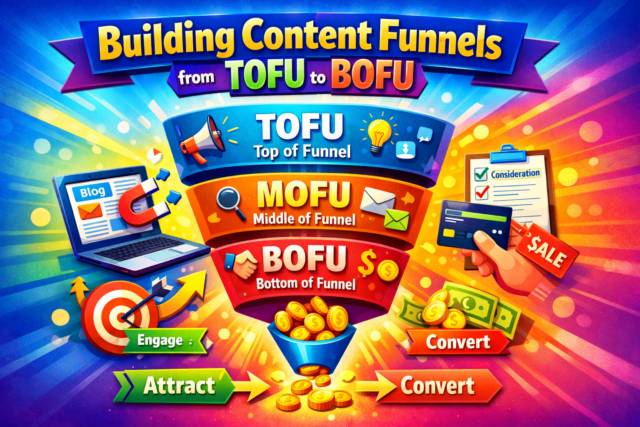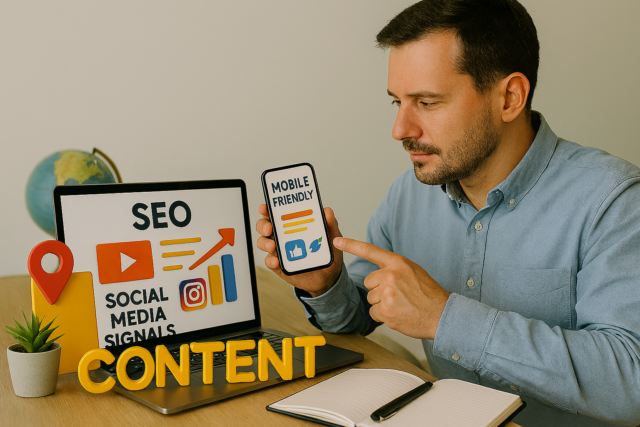Why Website Loading Time Matters in 2020
Website Loading time is not just a matter of preference. It has a huge impact on a site’s success, too. You can think of site speed as a sliding scale, where the faster sites reap the most benefits, and every second makes a difference. Even a one-second difference in loading time can have a huge impact on performance. It can reduce 16% customer satisfaction. A one-second page load time makes users feel stress-free and in control. But after 10 seconds, their attention is barely kept, and they are unlikely to visit the webpage again. Ideally, you’ll want your website to load within three seconds, or two seconds if it’s an e-commerce site. The two-to-three second mark is the turning point where bounce rates are high 46% of consumers will wait no more than three seconds before abandoning a site.
Mobile vs. desktop website loading time
It is important to optimize your mobile page speeds as much as possible because it’s still the preferred method of browsing. Indeed, mobile minutes accounted for 77% of online time in the US in 2019.
How is popular mobile browsing?
In 2019 the worldwide mobile population amounted to 4 billion users. However mobile internet traffic makes up about 50.44% of total online traffic. 96% of US citizens own mobile devices from these 81% own smartphones. About a quarter of us, adults say that they are almost constantly online.
How does mobile compare to desktop browsing?
In a 2018 study of US web traffic, mobile devices accounted for 58% of site visits and 42.% of total time spent online. More people browse on smartphones than on desktops, even though the user experience is still better on the latter. The bounce rate on mobile is higher than the desktop which is 67.4%.
What industries are the most mobile?
55% of all time spent on retail websites takes place on a mobile device. But some industries are more phone-forward than others. Every industry had a longer average time on site for desktop over mobile, except for books and literature best explained by mobile reading devices.
How web speed affects business
Website speed can impact everything from sales to search engine performance, meaning e-commerce sites will pay the price for delays. If you’re running an e-commerce site that makes $100,000 per day, a one-second page delay could cost you $2.5 million per year in lost sales.
How web speed impacts sales and customer loyalty
Just a one-second improvement will:
- Increase page views by 8.6%
- Increase customer satisfaction by 9.2%
- Increase conversions by 8.4%
Speed also impacts how your business will fare against the competition. 51% of online shoppers who have a dissatisfying experience are less likely to buy from the same site again, while 46% would simply purchase from a different online store.
Ecommerce website facts
No business is immune to the effects of slow loading times. Only one percent of e-retailers in the UK had mobile page load speeds that received an excellent google rating in 2018 – and that’s a two percent drop from 2017. And it’s not just small-to-midsize businesses that are vulnerable. Amazon would lose $1.6 billion per year if its site speed slowed down to one second. Walmart saw a 2% increase in conversion rates for every one-second improvement.
6 Factors that affect the website load time
Some variables, like a user’s internet connection, are out of your control as a website owner. But the majority of issues affecting load time are factors that can be fixed on your end.
Web hosting and uptime
Different hosting companies have different uptime guarantees, which represent the amount of time the webserver is available with no issues. You’ll want to choose a provider with a guarantee of at least 99.90% uptime. Tenths of a percentage may seem trivial, but the difference between 99.90% uptime and 99.95% uptime comes out to 4 hours and 23 minutes less downtime per year.
Images, videos, and files
The larger your file sizes are, and the more files you have on a page, the longer it will take for the page to load – which means it’s important to optimize your images as much as you can.
Plugins
WordPress plugins are great for adding advanced functionality to a website. However, it pays to be selective about the number of plugins you use, because too many at once will overwhelm your server. It may be easier than you think to part with a few plugins.
How WordPress Plugins Affect Your Site’s Load Time
Browsers
The browser you use can also affect average page load times, because older versions of browsers may be incompatible with newer assets and code on your pages. You can also set your browser to update automatically to ensure that you’re always up to speed.
Cache clearance to uplift web loading times
The cache on your computer stores information from the websites you visit your hard drive so that you can access things more quickly. When you revisit a website, its data is already stored, which allows it to load faster. This means that if you clear your cache, you’ll probably notice your frequently visited websites loading more slowly.
Conclusion
In short, speed is very vital to the success of a website. Even the smallest page load time changes can help you minimize bounce rates, raise conversion rates, and increase search engine ranking. But just understanding how critical the pace of the website is isn’t enough. You are now provided with actionable tips to help you see progress on your pages. Make sure you leave us a comment and tell us what your own experience is like!
If you need help with web performance, website loading time, or SEO, email us at info@digitalmaxima.com
“I need SEO services for my website” GET QUOTE HERE






